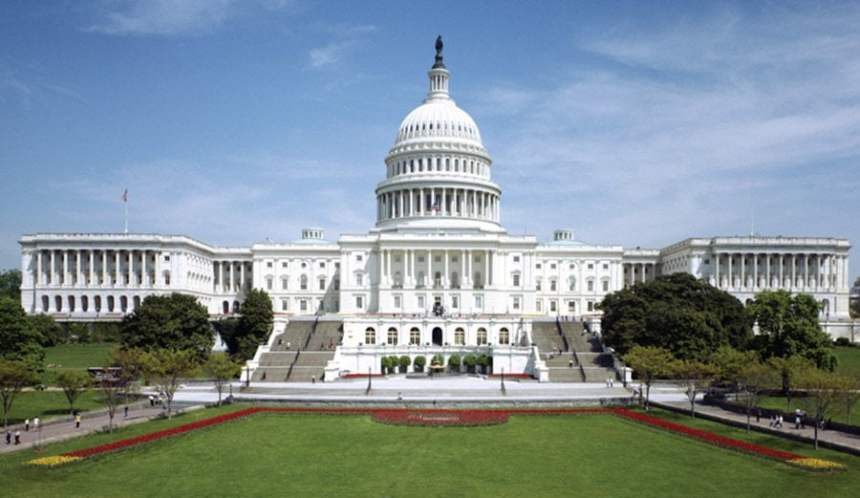Everyone agrees that the cryptocurrency technology is still in its nascent stages. At this stage, it is necessary for the digital currency industry to have a conducive atmosphere to further innovation. And such an atmosphere is feasible only if there is an understanding between the government and the cryptocurrency community.
With the US presidential elections around the corner, there is a sense of apprehension in the cryptocurrency industry regarding government policies under the new president. While the two contenders, Hillary Clinton and Donald Trump continue to debate about various policies, they seem to have missed out one specific segment — the fintech sector.
A recent article published on Ripple Insights outlines the importance of fintech and cyber security knowledge for the presidential candidates. While the recent hacking incidents have already made the need for strong cybersecurity policies evident, the fintech sector remains craving for attention.
The potential of cryptocurrencies and their underlying blockchain technology has already been proven by the success of Bitcoin. Recognizing their disruptive nature, conventional banking, and financial institutions have already started exploring its potential uses in their operations. However, if the new government fails to address the changing needs of the financial industry, then the United States may end up losing any competitive edge it might have in the global financial market.
London, Berlin, and Singapore are already emerging as the leading fintech hubs in the world. According to the article, in order to stay competitive, the United States under the new government should have a fintech advisor or an advisory board. The country should leverage upon the innovative minds in the Silicon Valley to create the Internet of Value, based on distributed ledger technology.
Such developments are expected to positively affect three key areas of economic development with,
- increased access to new international markets for SMEs due to efficient cross-border payments systems.
- improved retail remittances facilitating real-time consumer transactions.
- the possibility of making high-velocity payments by corporates and new digital businesses, irrespective of transaction size.
These developments will benefit individuals, startups, small and medium businesses and huge corporations alike. By making seamless payments of any size to anywhere by anyone opens up a whole new world of possibilities, empowering the value creators, in turn adding value to the country’s economy.
Ref: Ripple Insight | Image: PRWatch
